For supporters with special needs, the FIFA World Cup in Qatar in 2022 will mark a number of firsts, including the availability of audio descriptive commentary in Arabic for every game.
Every match venue has been designed to rigorous accessibility standards, including accessible parking, seating, bathrooms, and refreshment stands. Three stadiums will host sensory chambers for fans with sensory access requirements.
The FIFA World Cup Qatar 2022 organizers yesterday hosted a special event to highlight the accessible elements of the competition with just two weeks till the big start.
Members of the differently abled community and senior leadership from the Supreme Committee for Delivery & Legacy (SC) and FIFA took part in the forum, which was held at the Multaqa student centre at Qatar Foundation (QF). It outlined how accessibility has featured centrally in World Cup preparations.
The SC has worked in partnership with FIFA and the FIFA World Cup Qatar 2022 LLC to prioritise accessibility throughout tournament preparations, in line with the FIFA Sustainability Strategy.
The SC launched the Accessibility Forum in 2016, with members playing an active role in providing feedback on the SC’s infrastructure projects, working towards meeting FIFA Accessibility and inclusive design standards while helping to drive the accessibility agenda in Qatar.
“From the very beginning of our journey to host this historic tournament, our commitment to accessibility has been unwavering. Not only did we work diligently to see that stadiums and tournament sites met the highest accessibility standards, we also actively involved the differently abled community to make sure the World Cup creates a lasting legacy for the differently abled community beyond Qatar 2022,” said H E Hassan Al Thawadi, Secretary-General, SC.
“As a result of our work, we now see a marked improvement in the environment for differently abled people to access transportation, cultural sites and public spaces across the country. I am very proud of this legacy and look forward to the community building on these gains in the future. For fans attending the tournament, they will experience a number of accessibility features to ensure everyone feels a part of the first FIFA World Cup in the Middle East and Arab world,” added Al Thawadi.
As well as being available to fans in the stands, audio descriptive commentary will also be accessible to fans across the globe in Arabic and English via a dedicated mobile application. Sensory rooms will be operational at Al Bayt, Lusail and Education City during the tournament – allowing fans to watch matches in a quieter space, equipped with assistive technology and managed by expert staff. This will be the largest deployment of sensory rooms at a mega sporting event in history.
Faisal Al Kohaji, Accessibility Forum member and Chairperson of the Qatar Social Cultural Club for the Blind, said the tournament’s accessible legacy had been felt long before the opening match at Al Bayt Stadium on November 20.
Since Qatar was awarded the privilege to host the World Cup, the accessibility landscape has seen a transformation that has changed the lives of people with disabilities. We now have a cutting-edge transit system that can accommodate all kinds of requirements, as well as improved accessibility in public places like museums and shopping malls, according to Al Kohaji.
According to Alexandra Chalat, Director of World Cup Legacy, QF, “QF has made accessibility and inclusion a priority within our schools and programs since its inception, and our contribution to the commitment the country has made for Qatar 2022 to be the most accessible World Cup ever reflects this.”


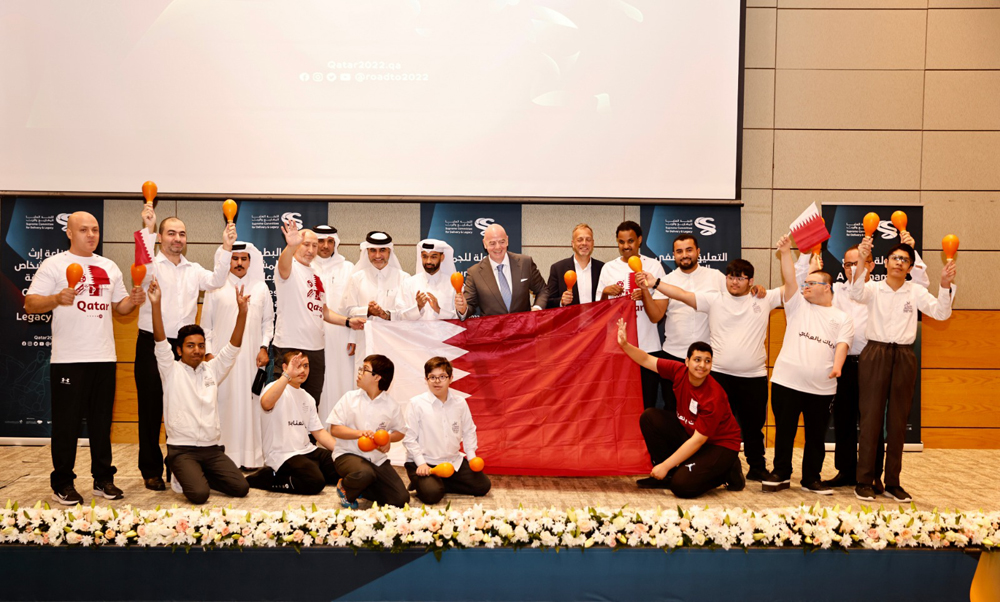


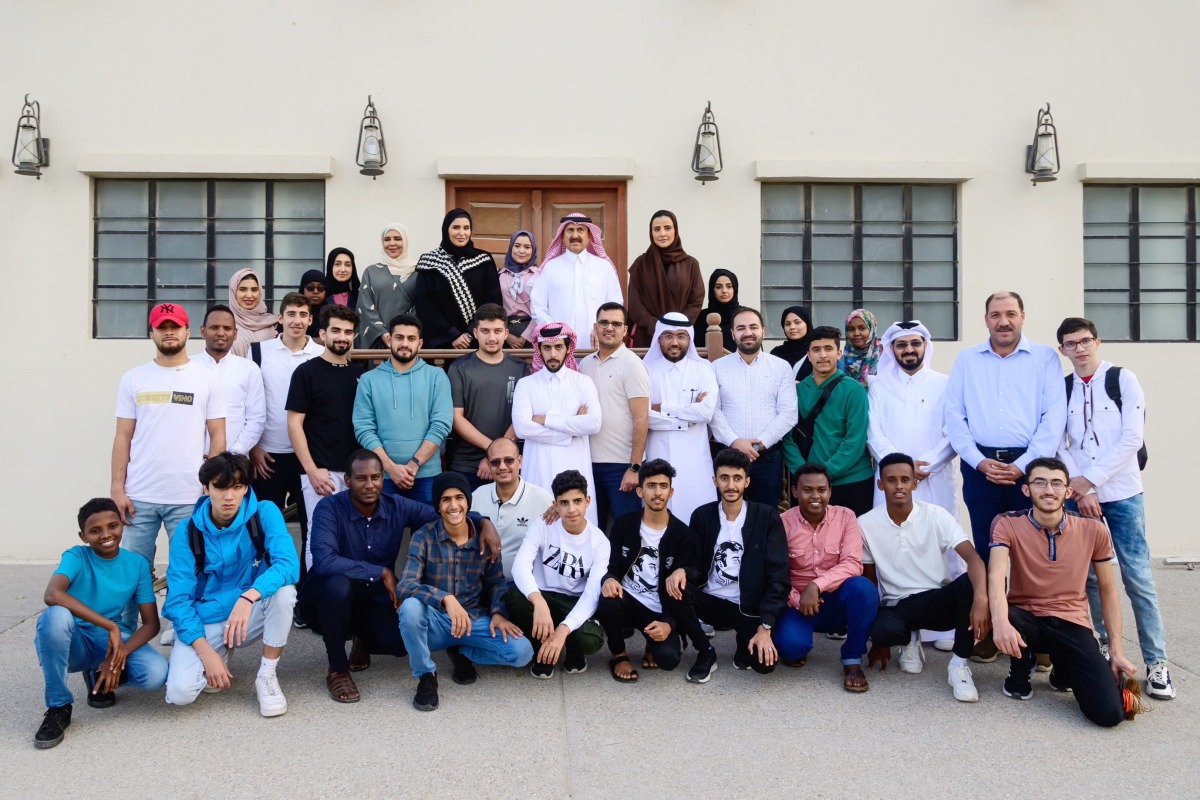
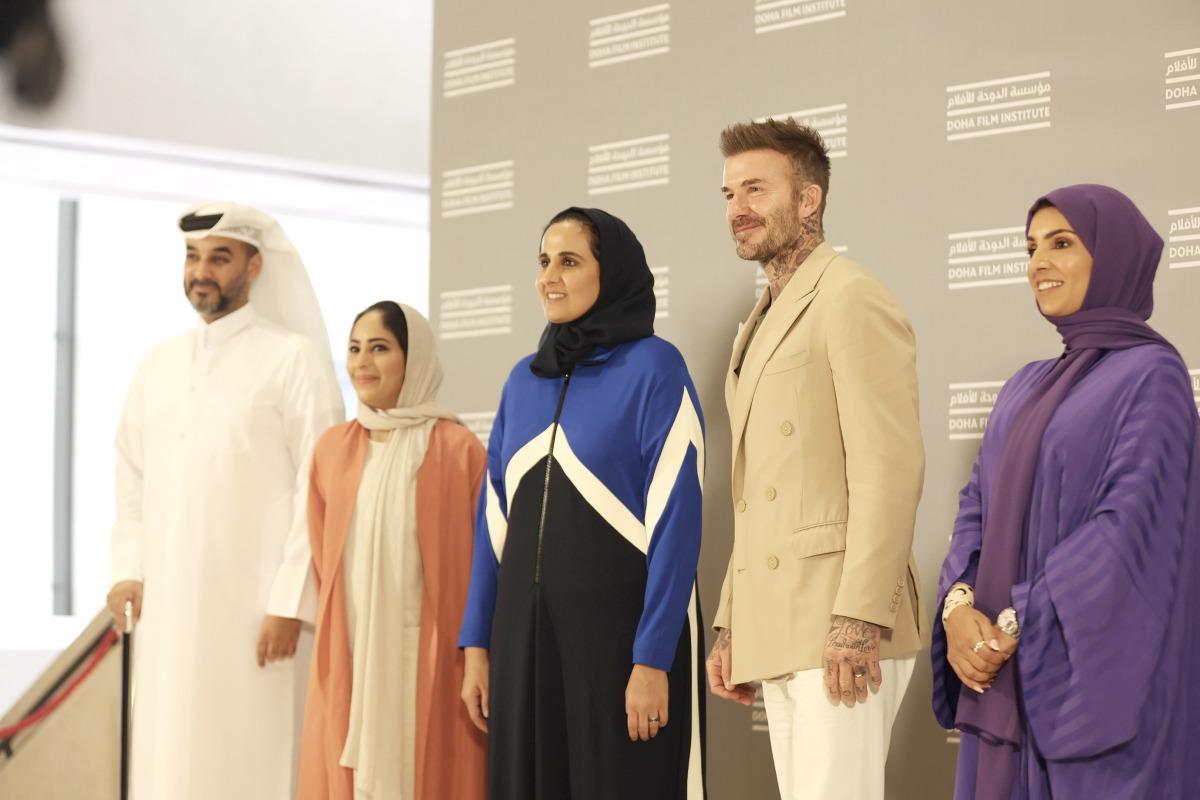
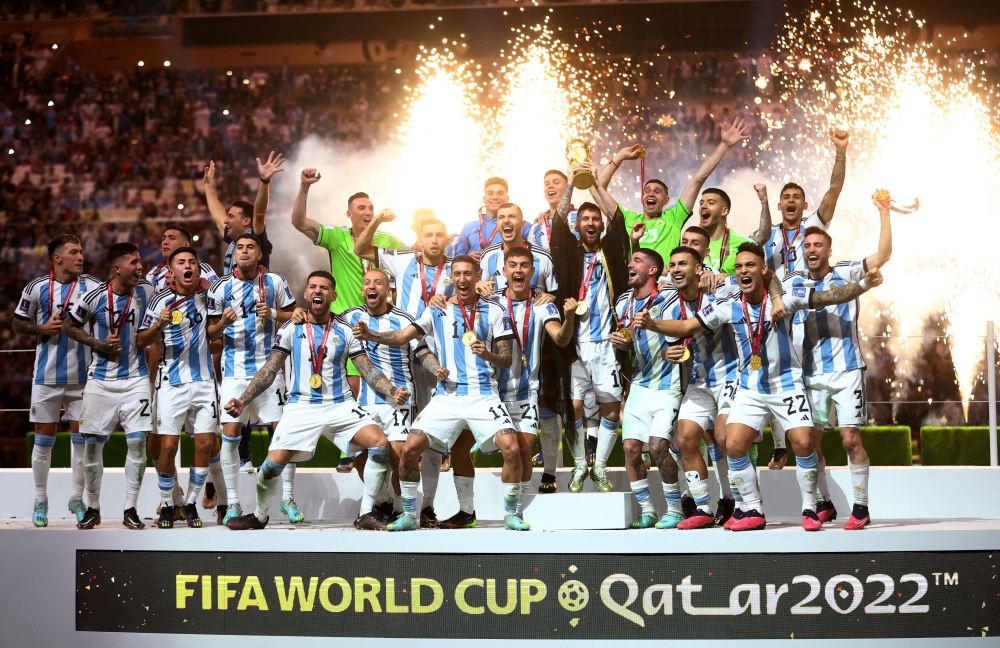




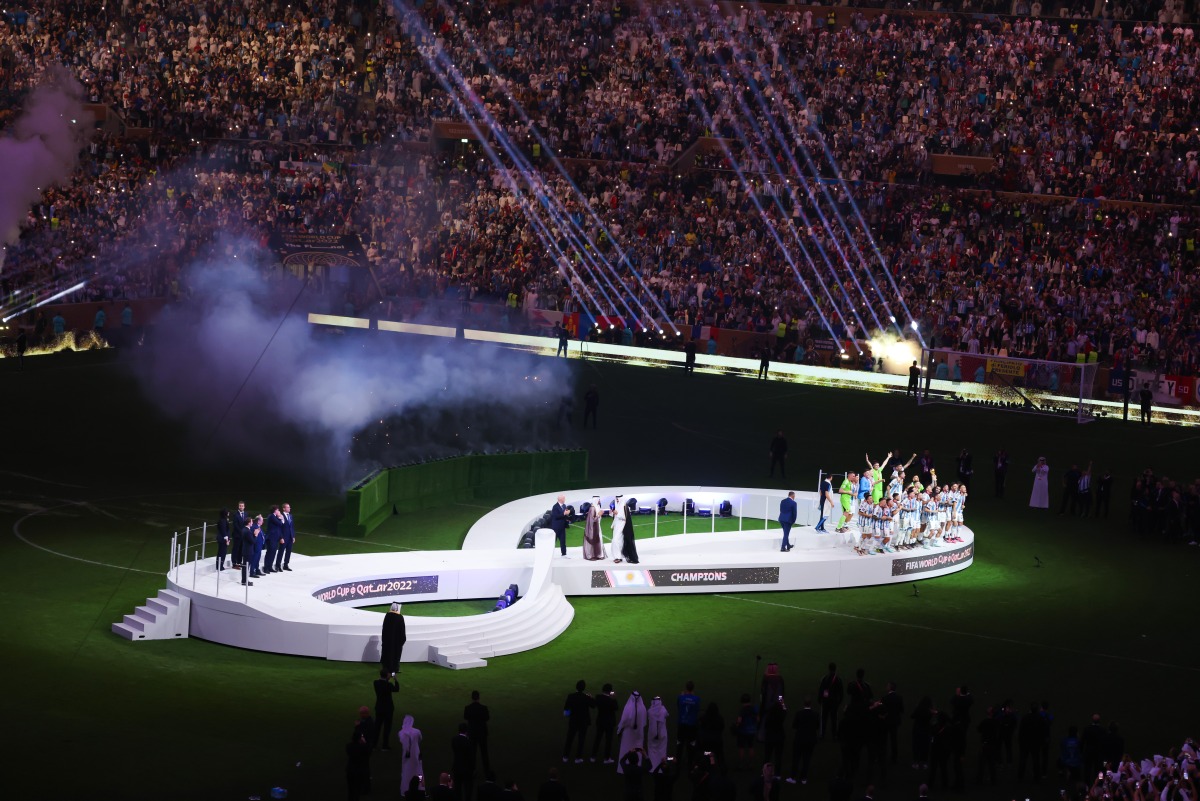




Leave a Reply